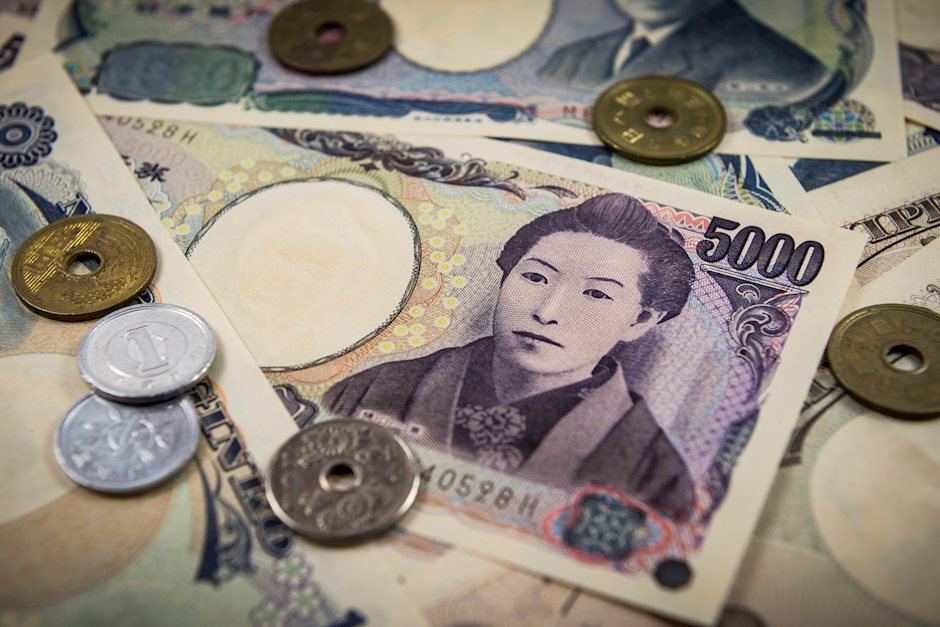Battle between the safe havens: USD vs JPY

The Dollar Index at the peak of the Coronavirus lockdown rallied, almost touching 103 – the highest level since 2017. The Dollar index shows the relative strength of the USD to a basket of other currencies. However, a couple of currencies strengthened as everyone was hoarding the USD – The JPY.
-637308906066238427.png&w=1536&q=95)
The U.S Dollar Index
-637308906223739339.png&w=1536&q=95)
USD/JPY
If the JPY got stronger, why was everyone talking about USD being a safe haven?
The strength in the US dollar was primarily due to market participants selling risky US-based assets such as US equities due to the market turmoil. As investors and traders sold their assets, they were getting paid in US dollars, pushing the US dollar demand.
Why did the JPY rally?
I guess you would call this the “OG” Safe Haven. With the appreciation of the US Dollar relative to other countries but the Japanese Yen, there was a net increase in demand for the Yen relative to the US Dollar. There are many factors as to why the Japanese Yen appreciates during times of uncertainty, with one factor explaining that net demand increase – Japanese citizens’ net foreign assets peaked to 726 Billion in 2019. However, once risk-off events occur, there is a repatriation of those foreign assets (often denoted in US Dollars) bank into their home currency, the Yen. Although Government Debt to GDP is around 230%, Japanese citizens do not share this trait of excess debt. As the New York Times stated, “The Japanese Government is in deep debt, but the rest of Japan has ample money to share.”
The JPY Carry Trade
Another reason may be due to traders winding down their “positive carry” trade. In short, by buying a currency with a positive yielding interest rate and shorting a currency with an interest rate less than the currency you purchased, the overnight swap fee is positive. This is because the interest you gain by holding the former currency is less than the interest you pay shorting the latter currency. With the Bank of Japan having negative interest rates since 2016, it has been a popular short for the carry trade with currency with a relatively higher interest rate like Australia. However, in risk off events such as the Coronavirus, positive yielding currencies tend to get their respective central banks cutting rates, making the carry trade less profitable. Therefore, traders cut their positions, which requires them to cut their positions, buying back the Yen they shorted, increasing demand.
However, one of the main reasons the JPY appreciated against the USD during peak lockdown was because people believe that it is a safe haven. It does not necessarily matter why it is, only that people believe it is. If you know the relationship between risk-off and the Yen’s appreciation, then you assume it to be true.
Correlation between Risk and the JPY
Since the market has generally been risk on/off due to the Coronavirus, it would be interesting to see whether the Yen has played out as a safe haven. If we take 20th March as the start date (peak of the Dollar index this year) and compare the prices of the SP500 and the USD/JPY pair, we find a correlation of -0.498 (~-0.5). This means on average, a 1% increase in the market, there is a 0.5% decrease in the JPY (vice versa). This shows a relatively strong relationship between risk-on and risk-off assets as off late. In comparison, the average correlation between the SP500 and the USD/JPY pair has been around -0.28.
Which is better for your portfolio – the JPY or the USD?
The USD is likely the better choice for your portfolio as this enables you to enter into positions when the time is right. However, it may be worth noting this relationship for swing traders if you want to take advantage of risk on/risk off situations.
Author

Kyle Quindo
Blackbull Markets Limited
Kyle is a Research Analyst with BlackBull Markets in New Zealand. He writes articles on topical events and financial news, with a particular interest in commodities and long term investing.

















